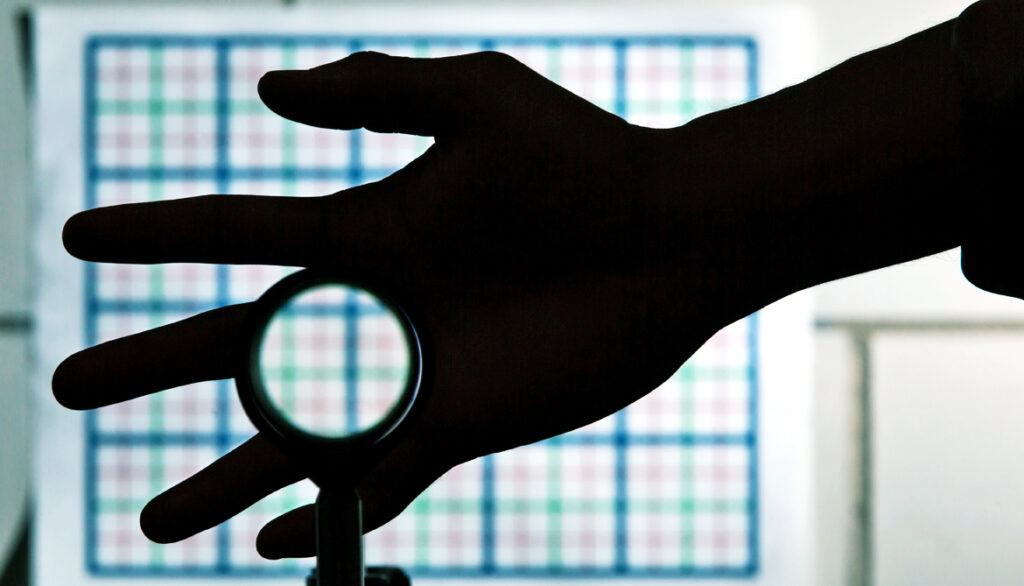It seems that IoT is up to penetrate every aspect of our lives. The profoundly positive impacts of IoT are hard to deny. Going a step further, the principle of IoT is being applied to revolutionize the health care sector. The Internet of Medical Things (IoMT) is here. It promises hosts of benefits, ranging from improving patient care and promoting home care for chronic diseases to paving the way for personalized medicine and optimizing available resources. Want to learn what it is? Carry on this informative post to learn everything in detail.
What is the Internet of Medical Things?
The future is all about connectivity. From people to household and industrial devices and now medical devices too. As the name suggests, IoMT refers to the infrastructure of connected medical devices collecting data which is then delivered to central healthcare IT systems through online networks. Although it took a while for the healthcare industry to realize benefits of the Internet of Things technology, the Internet of Medical Things (IoMT) is slowly gaining ground and coming to the fore.
The IoMT can help monitor, inform and notify caregivers about the patient’s condition. The IoMT system is a network of interconnected medical devices capable of generating, collecting, analyzing, and transmitting health data. IoMT includes wearable devices, drug tracking systems, tools for remote patient monitoring, and different tools for monitoring medical supplies and equipment. These devices are designed to streamline healthcare activities, make them more effective for patients and assist healthcare professionals in devising better treatment plans.
What are The Benefits of IoMT?
The impact of IoT on the healthcare sector is huge and will bring a long-lasting change in the way we avail healthcare services. While the impact of IoMT on health care, in general, is far-reaching, certain aspects will benefit the most.
Remote Patient Monitoring
The IoT will revolutionize remote patient monitoring, especially those with some devices inserted in their body for medical purposes. As an example, IoMT could effectively monitor the blood sugar level and blood pressure. Anything out of the ordinary could be instantly transmitted to the concerned health professionals who can intervene promptly. The benefits are even more significant for patients at risk of stroke or heart attack.
IoMT could Improve Preventive Care
People often underestimate the importance of preventive care and medicine. Similarly, they usually avoid regular checkups thinking they don’t need it. But thanks to the advances in medical devices and the advent of IoT, medical checkups are much easier. Medical devices could easily monitor the vitals, and IoMT technology could easily convey all the information to the concerned medical practitioner.
IoMT Will Allow Better Workflow Optimization
IoMT could help optimize resource allocation in hospitals. Similarly, IoMT can help in workflow optimization for doctors and nurses. Doctors and nurses could wear small wrist bands which can be connected to a central system. The IoMT system monitoring every patient in the hospital can quickly notify which doctor is needed and where.
Internet of Medical Things and the Future of Healthcare
According to a study conducted by Deloitte, IoMT holds the potential to transform the medical world. The IoMT could be a silver bullet for our overburdened medical infrastructure. With a robust monitoring system, IoMT opens the door for more personalized healthcare depending upon the individual’s needs.



